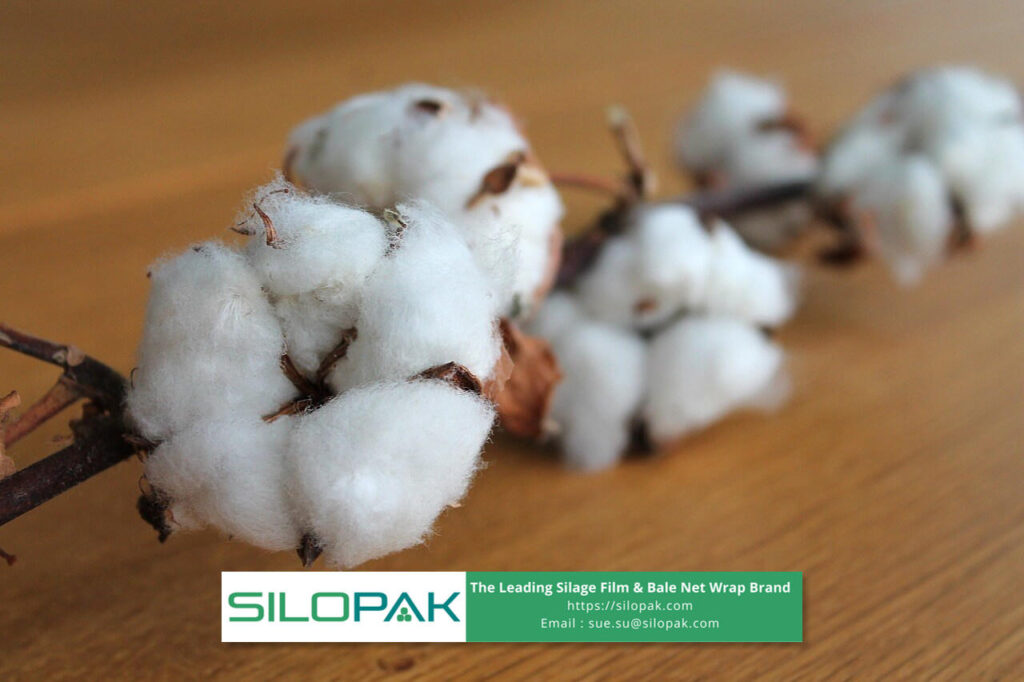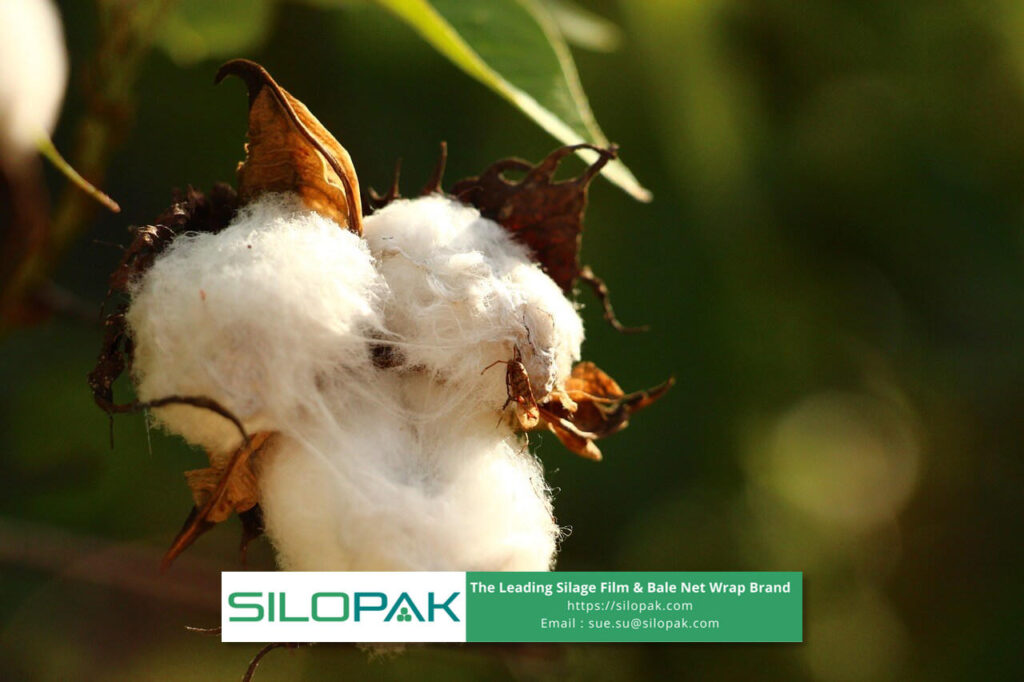
We know that various kinds of fabrics such as thick sailcloth, voile, and thick velvet come from valuable cotton fiber. The fabric is suitable for various kinds of clothing, disposable products like polishing cloths, towels, tablecloths, bandages, tea bags, disposable sheets for hospitals, medical purposes, uniforms, and other industrial purposes. Cotton fabric has excellent fiber resistance and can be in the dyed process, but natural and synthetic dyes.
Cotton fabric is also easy to care for. You can even wash it using crusty stain removing detergent and then iron it at a relatively high temperature. Cotton fabric users also feel comfortable because this fabric can quickly absorb heat and release moisture. Apart from being the main material for making various fabrics and other industrial purposes, cotton is also a hair fiber which is a mainstay crop in agriculture.
Cotton production is abundant so that many kinds of cotton products are relatively cheap and economical. What we often see in textile factories are bales of cotton gin. The word ‘gin’ comes from ginning, which is a mechanical process for separating cotton seeds from the fiber. Next, the gin cotton bales will become material for making threads, both traditional and modern. If it is traditional, then ring spinning will occur.
contents
Cotton Bale
We know that cotton plants can always produce values of cotton fiber while also leaving behind cotton stalks and other plant materials for farmers to roll and wrap for various agricultural purposes. Cotton bales themselves are a form of processed cotton that agricultural entrepreneurs usually sell by packaging it in certain sizes. There are those who use traditional production methods to wra it, but quite a few also manage it using modern production methods.
They used a cotton gin to remove the cotton fibers from the seeds. Sometimes dirt and dust also stick to raw plants during growth and harvest. Then this machine will do it for you so that you only get clean cotton fiber. The quality of the fineness of the cotton fiber that you get varies according to the type of cotton plant.
However, gin factories that produce cotton bales must meet general standards to fulfill certain bale weights, make transportation easier, and facilitate further production processes. Gin factories that still use traditional methods can usually process around 12 bales per hour. Meanwhile, gin factories using more modern methods can process as many as 60 bales per hour. It’s very effective, right?
How Cotton Bales Work from the Field to the Factory
Initially the cotton seeds will go into a drying machine to separate the fibers and seeds. At that time, the water content in the cotton will decrease and then the cotton bunches will go through cleaning equipment to remove foreign objects and dirt that stick to it during the journey from the field.
If you choose the wrong cotton drying machine, it will affect the quality of the cotton fiber. Next, the cotton fibers will go to the gin via air. Here there is a rotating circular saw where the equipment will pull the fibers through the ribs tightly enough so that the cotton seeds cannot pass through. The next step is compressing the cotton to form bales weighing 500 pounds.
The rotating brush releases a blast of air to remove lint from the saw teeth. After everything is in bales that meet standards, the workers will then move the cotton bales to the warehouse. The cotton bales will safely and neatly remain there for a certain time until delivery to several factories.
Making Bales of Cotton Stalks

Apart from cotton fibers from the seeds, cotton stalks also play an important role in a number of industries. Cotton stalks bales can at least be a good raw material for making various products because they contain several substances such as alpha cellulose and lignin. When you decide to sort cotton stalks, you must use a cotton stalk baler machine. This machine will also wrap the abundant cotton stalks with premium plastic wrap so that they can be a raw material for the pilp and paper process.
Corrugated fiberboards also use cotton stalks with only less power than hardwood. Cotton stalks also can be a good fuel and be a raw material for the production of edible mushrooms.
When making bales from cotton stalks, farmers will usually face two crucial things such as the density of the cotton stalk bulk material and the transportation process to the storage area or out. But they can overcome all this by choosing the right cotton baling machine. Anyway, you will definitely find various types of cotton stalk baling machines that are really different on the market. However, you can adjust your choice to the bulk density conditions of cotton stalks in your area.
There are at least 3 choices of cotton stalk baling machines that are most suitable as mainstay machines in various factories.
Small Square Baler
You can choose this machine to form small bales of cotton stalks. The work area using this machine is usually not too large and farmers apply it directly to their farms. Next, you don’t need to go far in the transportation process because the distance is very close to the bale storage warehouse.
Round Baler
It’s not just wheat or oat straw that you can make into round bales. You can also process cotton stalks into round bales with appropriate machines and reliable plastic packaging from Silopak. You can wrap as much as you want if you rely on this machine.
Rectangular Baler
This is a machine that will print rectangular bales of cotton stalks. There is a large feed opening to make it easier to feed materia; into the machine. This machine usually has a hydraulic system and can wrap small and big propellers. Then, you can also adjust the bale size and bale weight of cotton stalks using this baler machine.
Well, don’t forget to use the silage film and net wrap from Silopak when you want to make cotton and cotton stalks bales. We have run the business of producing silage film since 2011 and our customers are from around the world. We want to preserve your cotton nutritional value by wrapping it with good care and safety.
Our film quality is from selected premium quality resin that has been proven as durable and satisfying products. Our customers have proven it themselves. So, are you gonna join with our customers to prove the products? Do contact us as soon as possible.
